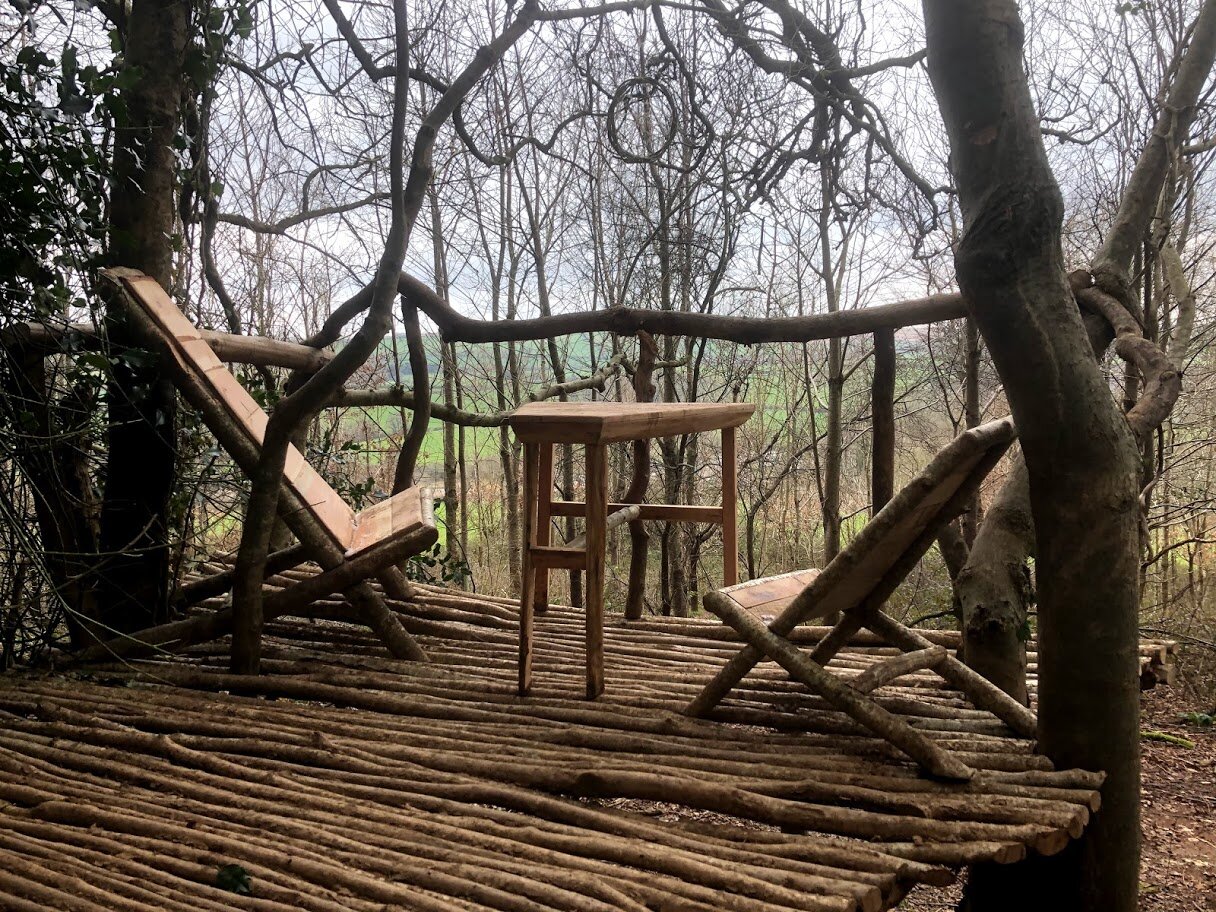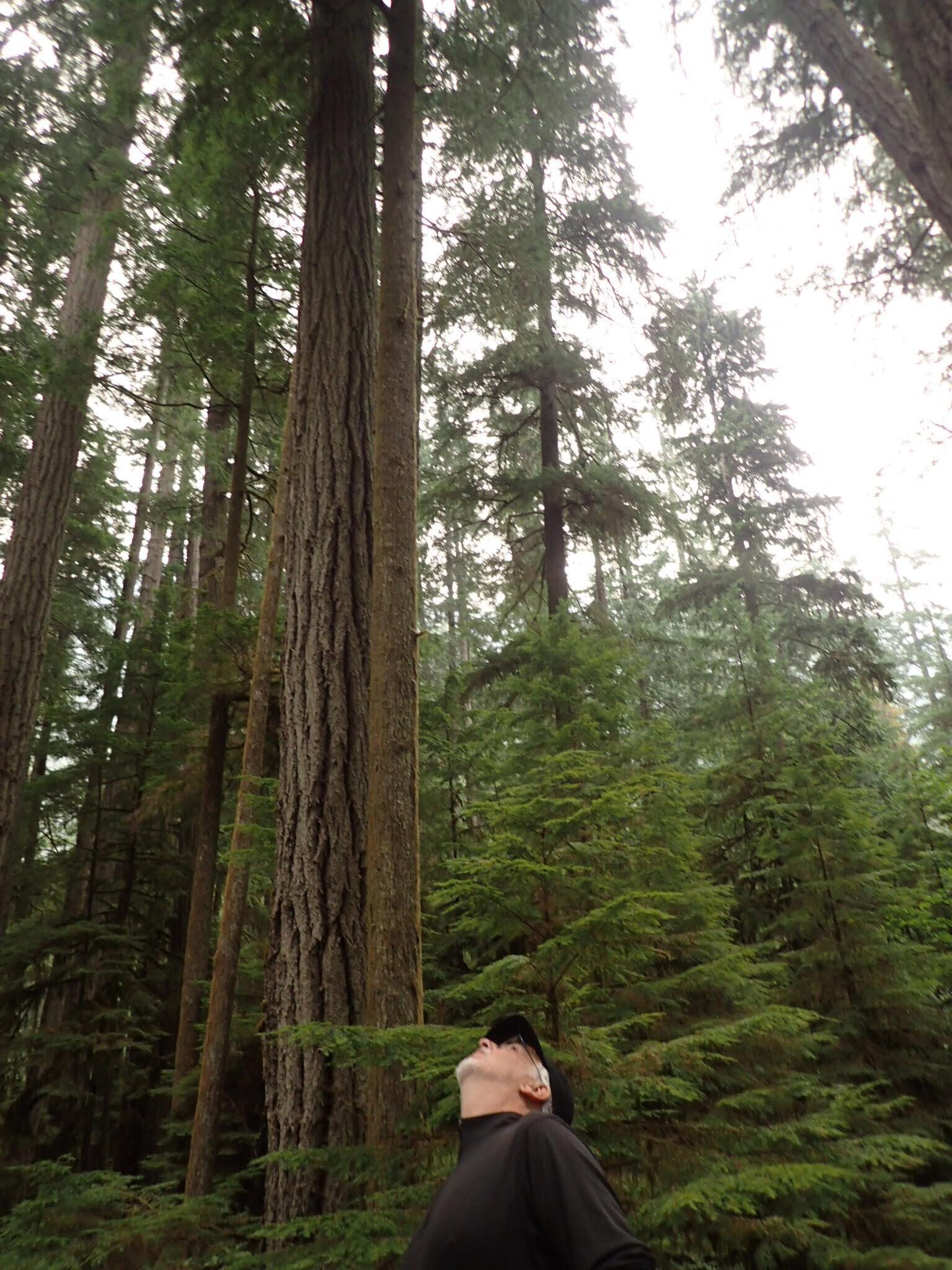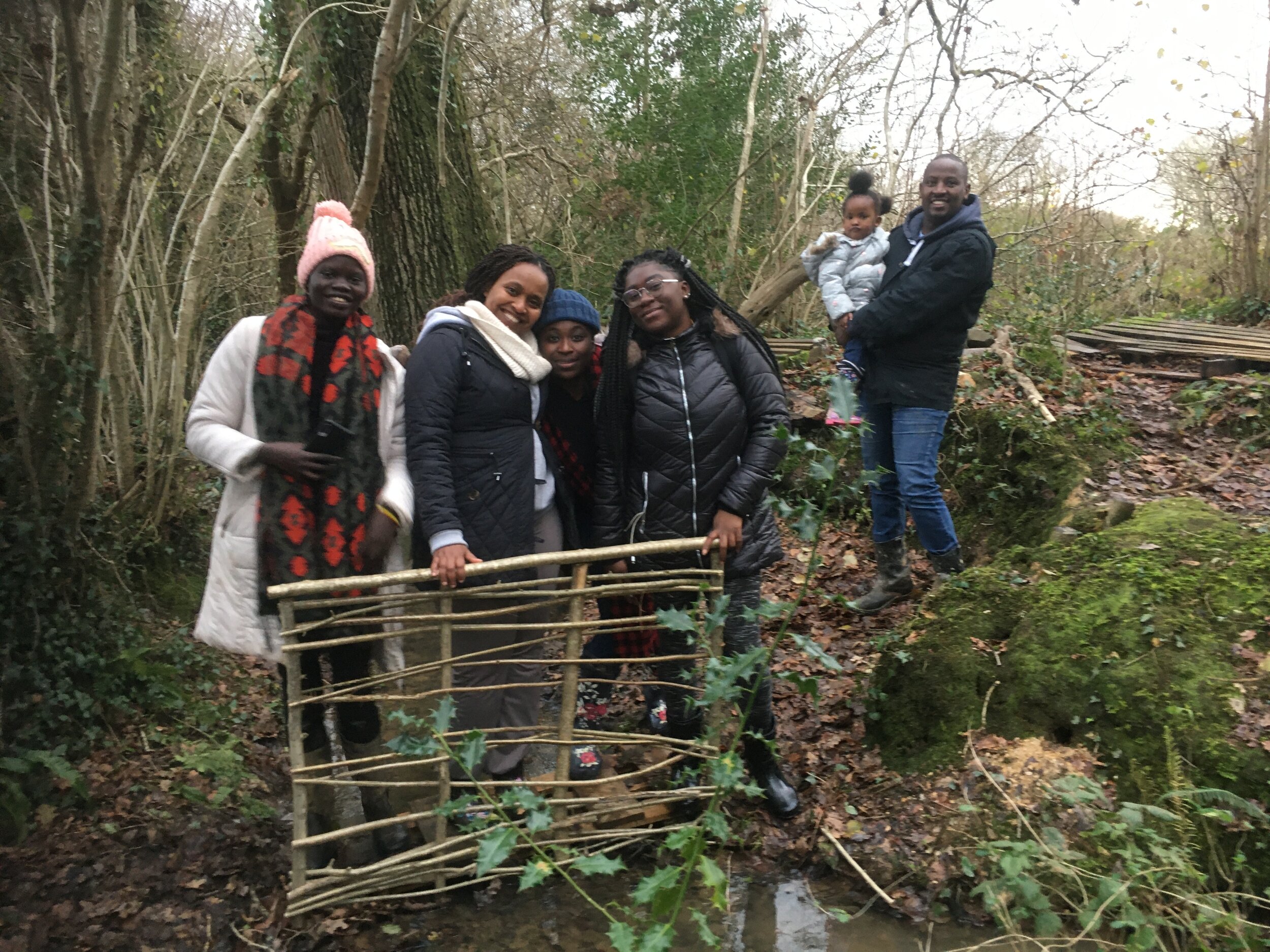How can the woodland environment help promote human wellbeing
Most people in today’s modern society recognise that their health and wellbeing is linked to their personal characteristics such as age, gender, genetics, lifestyle and many factors that are influenced by society such as living conditions, poverty and access to outdoor spaces. There is often little control over these areas of social influences that impact massively on health and wellbeing.
The environment in which a person lives their life or interacts with, such as the place where they live, the air they breathe, the food and water that they consume and the places they learn, work or play forms the physical context for a person's wellbeing. Studies into the environment and its impact on a person's health and wellbeing has been documented for centuries, even as far back as “two and a half millennia ago, humans started to write down ideas about health, disease, and their determinants, many of these ideas centered on the physical environment.” (Morris and Saunders 2017 The Environment in Health and Well-Being)
Our Ancestors spent much of their lives outdoors, but in today’s society the green spaces have been replaced with urban structures, crowded populations and polluted environments. This change has also seen an increase in chronic illness, stress, depression and other mental health issues.
With these issues on the rise and our limitations and the negative effects of modern pharmaceutical interventions there has been an increase in treatments that are linked back to our ancestors to compliment modern medicine or act as a preventative to the illness or disease in the first place. One of the ways that people are looking after their wellbeing is to spend more time in nature and in particular the forest or woodland.
An extract from the Korea Forest Service explains why:
“Forest Therapy: Society is aging, being industrialized and modernized at a rapid pace. There is a resulting tendency that environmental diseases, chronic illness and senile diseases are increasing. It is said that fundamental treatments for those diseases are limited, so it draws more attention to nature treatment. Forests are believed to have a variety of natural elements good for health, such as phytoncide, anions, comforting scenery and natural soils.”
There has been much research into the benefits of forest bathing and activities that are carried out in the woodland - The National Geographic wrote about it in their article “This is your Brain - on Nature.” There is more and more evidence suggesting that nature, specifically woodland and forests, is good for us because it lowers our stress levels.
A 15-minute walk in the woods causes measurable changes in physiology according to the article by the Forestry Commission - Report on Mindfulness in the Woods and Forestry - Evidence Review Mersey Forest Report - a social experiment carried out by Japanese researchers led by Yoshifumi Miyazaki at Chiba University sent 84 subjects to stroll in seven different forests, while the same number of volunteers walked around city centers. The forest walkers showed a 16 percent decrease in the stress hormone cortisol, a 2 percent drop in blood pressure, and a 4 percent drop in heart rate.
“Miyazaki believes our bodies relax in pleasant, natural surroundings because they evolved there. Our senses are adapted to interpret information about plants and streams, he says, not traffic and high-rises.” - National Geographic - Call to Nature 2018
My own observations from my city brain to my forest and woodland brain has shown that the research that has been undertaken in many parts of the world is true - when I spend time walking in woodlands I feel a benefit because my stress levels are reduced. I physically feel myself relax and this is not just due to the time away from work stresses. I have since learnt that the tree Phytoncides are most likely playing a part actually working on my endocrine system and causing a shift in the chemicals in my body.
I have also seen the woodland work it’s magic on children with Autism. In their study (Chang, Yuan-Yu & Chang, Chun-Yen. (2018). The Benefits of Outdoor Activities for Children with Autism.) they found that outdoor activities, specifically in tree covered areas, provided 7 main benefits to children with autism, including promoting communication, emotion, cognition, interaction, physical activity, and decreasing autistic sensitivity. This is a small but encouraging study and supports anecdotal observations of the impact of nature on children and young people with autism. I have seen in our own woodlands that children with autism are much calmer, are quicker to self regulate and have a decrease in the triggers that can cause “melt down”.
Richard Louv wrote in his book “Last Child in the Wood” about Nature Deficit Disorder to explain the behaviours that occur when there is a lack of nature in our lives and highlights that being in nature can reduce these symptoms and build resilience, happiness and well-being.
We therefore know that it is important for us to look at how we can encourage people into the woods to look after them and increase people's access to green spaces and give them the opportunity to reconnect to the natural world. This can happen locally in the heart of communities through social forestry activities that in themselves increase wellbeing but also allow a space to be created that can be used for more structure based activities such as wood carving or forest school.
It is incredibly powerful in terms of wellbeing when both nature and relationships coexist - when the two factors – community and nature – come together we have seen something very special at the Apricot Centre. When this happens people are nurtured by two of the strongest influences in their environment; both of which build attachments and resilience. Facilitated by social forestry activities these two elements can be brought together. I believe this is a great model for creating positive woodland experiences to improve wellbeing and mental health.



